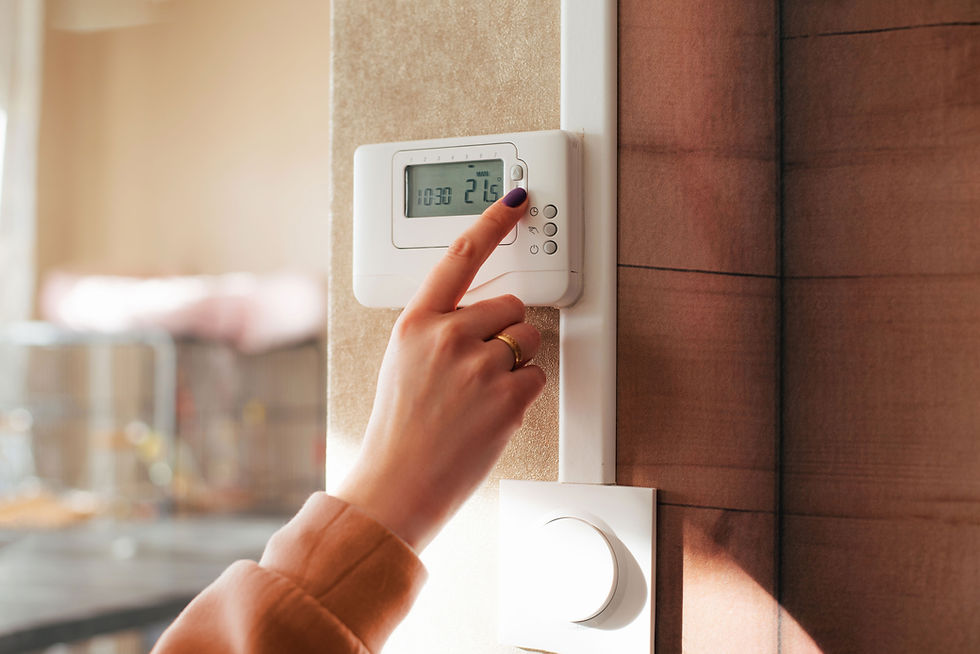The Forgotten Fertilizer
- Ben Fretz
- Jun 27, 2022
- 2 min read

Growing up, my family kept two large piles of yard waste in the back right corner of our property. I didn’t really know what it was when I was younger… But it sure was fun to climb on, and this was always the best spot to go to when I needed worms for fishing bait. It was this pile that I would always be told to empty our kitchen’s (not so shiny) metal bowl of food scraps, where we took the grass clippings, and most of the leaves as well. I had figured that it had just been a spot where we kept things that would biodegrade, but one afternoon I saw my mother shoveling out some of the grass, food, leaves mixture and bringing it away from the pile. Was she confused? I thought to myself that we were supposed to old plants from the gardens onto this mystery pile, not the other way around!
I peeked over to the side of the house and saw little bits of eggshells peeking out from under the flowers. Surely this wasn’t intentional?
“What are you doing mom?” I asked her, and she explained that “plants are a lot like humans, but a little less picky”. They require a lot of nutrients as well but are okay with using our organic waste as energy. Composting takes our plant waste and turns it into the best soil around; a win-win situation for us and our garden.
“Sounds like a pretty good deal” said young me. . . And I stick with that statement today.
While I don’t think many of us just leave our food waste inside to stink up the house, it can sometimes be a nuisance to deal with. Composting at home makes it all easy. It means that you no longer need to haul so many of those heavy yard waste bags to the curb, and it honestly does do wonders for your garden.
All it takes is to turn the compost pile once per week (sometimes less) and possibly to find some sort of container to make it all easier to maintain. (There are all kinds of large plastic containers at hardware stores that are made for this purpose.) Then start filling it up!
Things that you should put in the compost include:
- Vegetable scraps
- Fruit Scraps
- Eggshells
- Coffee, tea, and their filter bags
- Shredded paper
- Paper towels
- Tissues
- Brown papers (cereal cardboard)
- Natural fabrics
- Hair
- Grass Clippings
- Leaves
- Bread
- Pinecones
- Dirt
Things that you should avoid putting in the compost include:
- Any meat scraps or animal
- Diseased plants
- Dairy
- Fish
- Oil
- Other things that may stink (attracting unwanted critters)







Comments